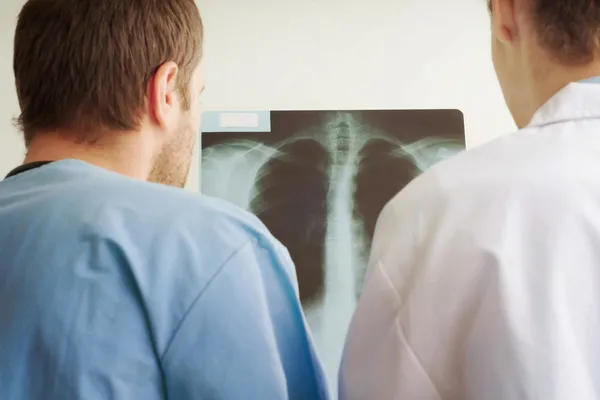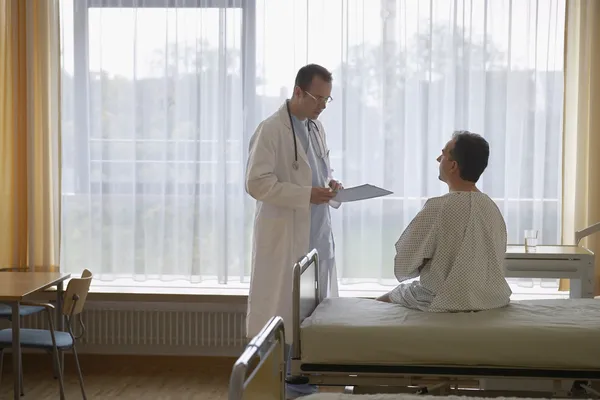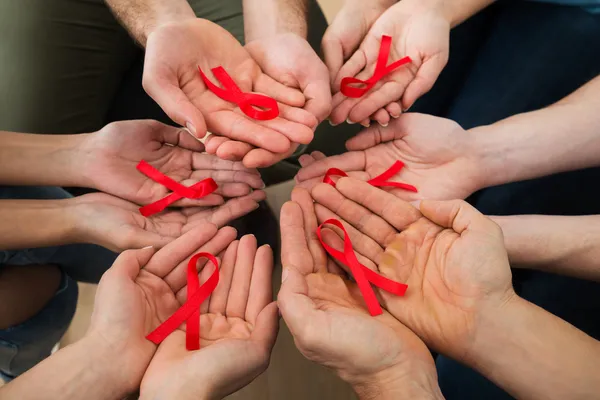Pneumonia is a very serious health condition that should be treated by a doctor, as it can be fatal or land you in hospital for extended periods of time. The lung infection primarily affects the tiny air sacs of the lung (called alveoli), combining for a number of symptoms that mimic a bad cough, flu and fever.
However, you may be putting yourself at a higher risk of pneumonia without knowing it due to your lifestyle, while there are some other factors you don’t have much control over. Here are six risk factors when it comes to contracting pneumonia…
1. Smoking
Breathing cigarette smoke into your lungs on a regular basis can increase your chances of a serious lung infection, and there’s worse news: according to ScienceDaily, almost 10-percent of smokers admitted to the hospital for pneumonia are diagnosed with cancer within a year.
Lung cancer is the form of the disease that kills the most Americans, adds the source. The research that determined the link between pneumonia and lung cancer found that the highest incidence of cancer was in patients who had upper lobe pneumonia.
2. Age
While smoking is a choice, your age isn’t, unfortunately. It’s also a risk factor when it comes to developing pneumonia. The Mayo Clinic said children under 2-years and adults over 65-years of age are at particularly high risk.
For young children, keep an eye on them if they have a fever, a prolonged cough, wheezing, or even paler than usual skin. These are all signs you should consult a medical professional – don’t leave it to chance.
3. COPD
Chronic obstructive pulmonary disease (COPD) is a condition that causes blocked airways and makes breathing difficult, according to Healthline. As if that’s not a big enough health challenge, those with COPD are at especially high risk for developing pneumonia, which can make breathing even more labored, it adds.
In some cases, patients with COPD may write off pneumonia as a complication of their lung disease and not seek treatment right away, explains the source. If you develop pneumonia with COPD, you may experience chills, increased chest pain, or a high fever – However, if your COPD symptoms are worse than usual for any reason, you should call a doctor to figure it out, it warns.
4. Hospital Stays
Ironically, staying in a hospital for another reason can increase you chances of developing a serious lung infection. FamilyDoctor.org explains there are 4-ways to acquire pneumonia, and that hospital acquired-pneumonia is one of them.
The chances increase if you’re in the intensive care unit or using a ventilator, it adds. It can also come on following major surgery or while getting treatments such as kidney dialysis, it adds. It can be especially dangerous if you’re already dealing with a weakened immune system.
5. HIV
The human immunodeficiency virus (HIV) can increase your chances of contracting pneumonia. In fact, at one time, almost 75-percent of HIV-positive patients contracted Pneumocystis Pneumonia (PCP), notes WebMD.
The good news is, according to the same source, is that since therapies and drugs have been introduced to treat HIV that percentage is way down, but it adds it’s still “the most common opportunistic infection” – meaning it attacks a compromised immune system.
6. Certain Medications
WebMD also notes that if you take medicines known as “proton pump inhibitors” (examples include Prilosec and Protonix) meant to reduce the amount of stomach acid, you could be at higher risk for pneumonia.
Another post on the National Center for Biotechnology Information notes that several studies have also shown inhaled corticosteroids (for patients with chronic obstructive lung disease) increases the chance of developing pneumonia as well.









